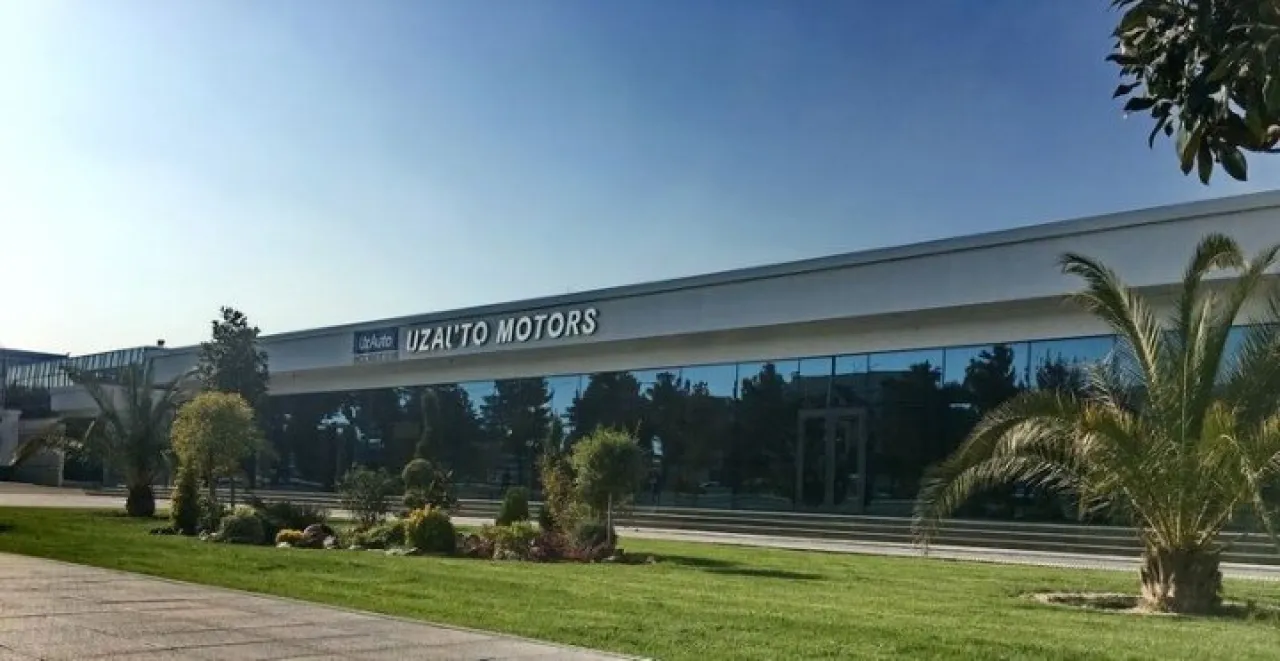UzAuto Motors Signs New Agreement with the US

During President Shavkat Mirziyoyev's official visit to Washington, a new economic partnership between Uzbekistan and the United States was solidified with the signing of agreements worth billions of dollars. According to the U.S. State Department, these agreements encompass major industrial sectors, including automotive manufacturing, and involve the importation of U.S. automobile components with a total volume of $5 billion over three years.
This initiative aims to further modernize and localize Uzbekistan's domestic automotive industry. Furthermore, the U.S. side expressed its readiness to cooperate in supporting the privatization and sale of UzAuto Motors.
This issue holds particular significance against the backdrop of privatization plans scheduled for the first quarter of 2026. UzAuto Motors' financial performance demonstrates a complex dynamic.
In the first three quarters of this year, the company's revenue decreased by 12.8%, amounting to 35.4 trillion soums ($2.93 billion). During the same period, net profit shrank by 3.6%, reaching 2.66 trillion soums ($220 million).
However, an analysis of quarterly reports reveals positive changes. Although net profit dropped by 27.5% in the first half of the year, the company significantly improved its financial results in the third quarter (July-September).
During this period, net profit reached 1.27 trillion soums, which is 426 billion soums (50.7%) higher than the same period last year. This achievement was realized despite a 17.2% decline in revenue.
The primary factor behind this improvement was a 21.5% reduction in production costs, which allowed the gross profit margin to increase from 15.3% to 19.6%. Another factor positively impacting the company's financial indicators was a threefold increase in financial income.
This income, primarily driven by foreign exchange rate differences, rose from 266 billion soums to 842 billion soums. Additionally, profit tax decreased by 23%, amounting to 263 billion soums.
Against this backdrop of change, Uzbekistan's automotive market is undergoing a transformation. The official market share of the Chevrolet brand dropped from 89.4% to 82.7% within a year.
This decline is associated with a reduction in sales volume by 26,000 units, totaling 245,100 vehicles. Sales of popular models such as the Cobalt (-4.2%), Tracker (-12%), and Onix (-37.8%) also decreased.
Meanwhile, competitors are strengthening their positions. ADM Jizzakh, the manufacturer of Kia, Chery, and Haval vehicles, increased its market share from 6.5% to 11.1%, with sales rising from 19,766 units to 32,987 units.
The electric vehicle manufacturer BYD also boosted its market share from 3.8% to 5.7%, increasing sales from 11,580 units to 16,846 units. UzAuto Motors CEO Yanos Kovach emphasized the necessity of revising the company’s strategy.
According to him, eight new models are in development, including an updated version of the Cobalt, a popular car in the market. On November 3, when advance orders were opened for a new batch of Cobalt vehicles, 100,000 orders were registered within just 2.5 hours.
The starting price of the model is 146.5 million soums ($12,100), with the total order volume exceeding $1.2 billion. This confirms the high level of trust in the brand.
Read “Zamin” on Telegram!
Ctrl
Enter
Found a mistake?
Select the phrase and press Ctrl+Enter 












